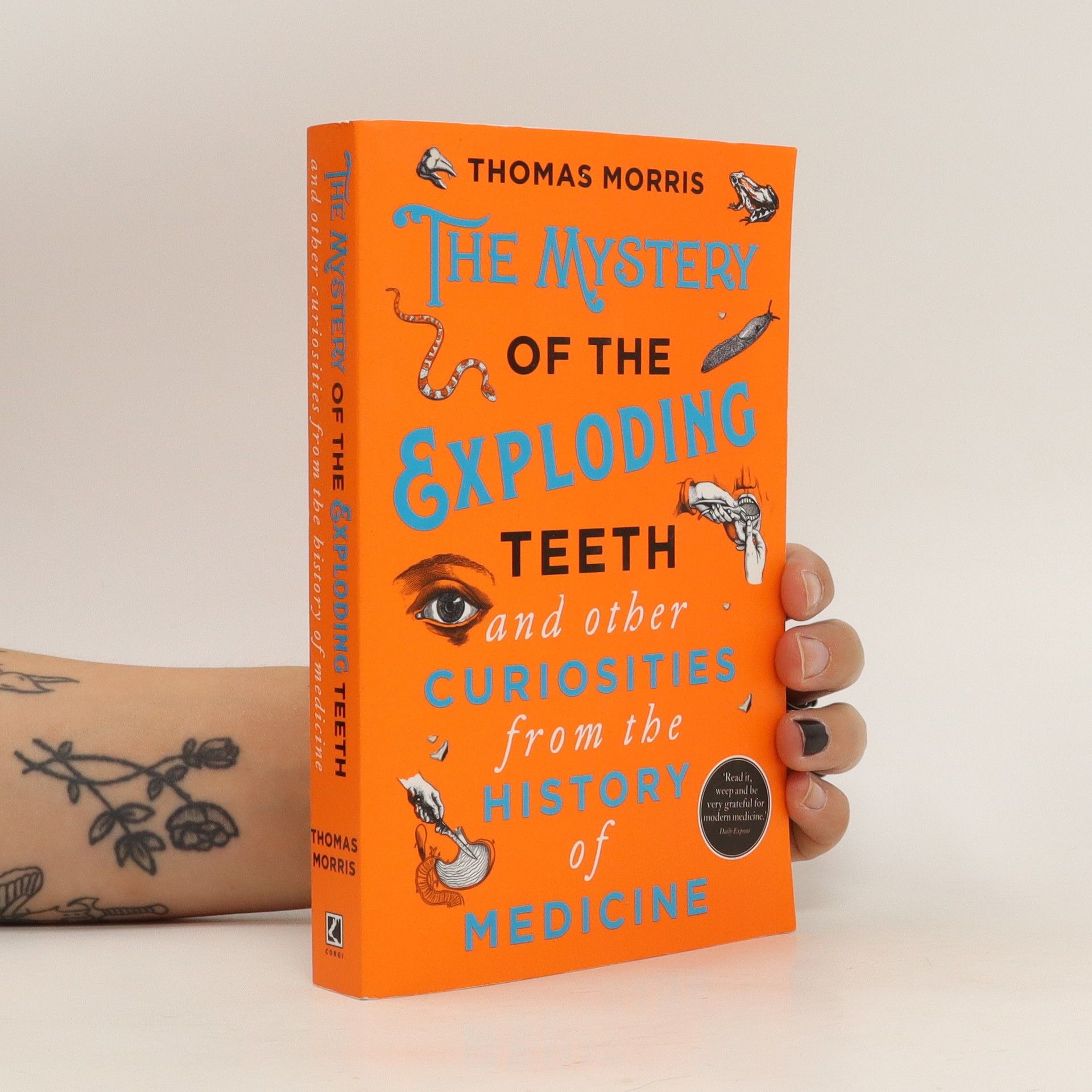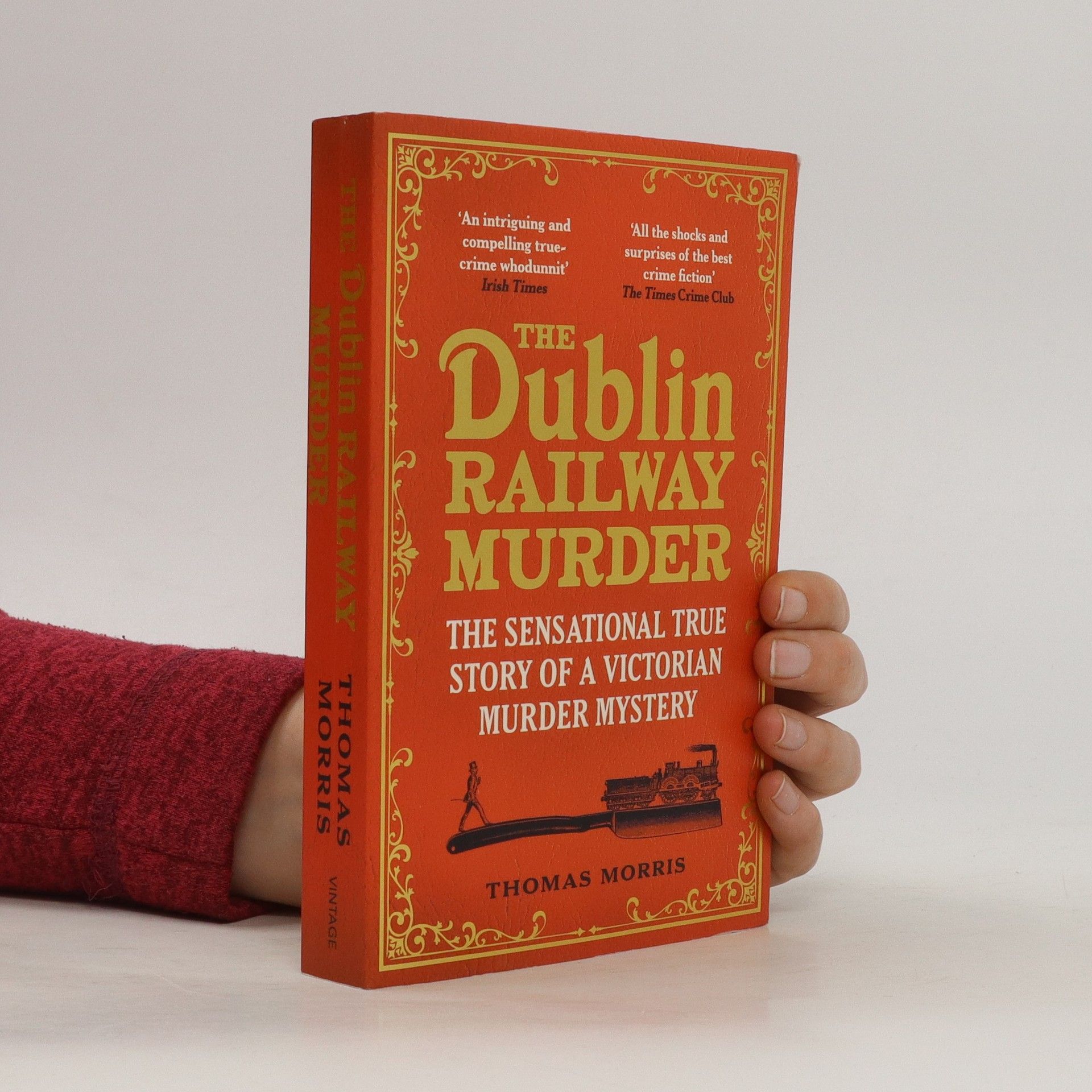From a Granta Best Young Novelist 2023 - five achingly tender, innovative and dazzling stories of (dis)connection.
Thomas Morris Libros
Este autor profundiza en cuestiones trascendentales de la existencia humana y la moralidad. Sus obras exploran frecuentemente las complejidades de las relaciones interpersonales y la búsqueda de sentido en un mundo a menudo ambiguo. A través de una aguda caracterización psicológica y un lenguaje preciso, atrae a los lectores a narrativas que invitan a la reflexión. Su escritura se caracteriza por su profundidad intelectual y un enfoque inquebrantable en los dilemas éticos.




A thrilling and perplexing investigation of a true Victorian crime at Dublin railway station. Dublin, November 1856: George Little, the chief cashier of the Broadstone railway terminus, is found dead, lying in a pool of blood beneath his desk. He has been savagely beaten, his head almost severed; there is no sign of a murder weapon, and the office door is locked, apparently from the inside. Thousands of pounds in gold and silver are left untouched at the scene of the crime. Augustus Guy, Ireland's most experienced detective, teams up with Dublin's leading lawyer to investigate the murder. But the mystery defies all explanation, and two celebrated sleuths sent by Scotland Yard soon return to London, baffled. Five suspects are arrested then released, with every step of the salacious case followed by the press, clamouring for answers. But then a local woman comes forward, claiming to know the murderer....
The Mystery of the Exploding Teeth and Other Curiosities from the History of Medicine
- 400 páginas
- 14 horas de lectura
From seventeenth-century Holland to Tsarist Russia, from rural Canada to a whaler in the Pacific, many are monuments to human stupidity - such as the sailor who swallowed dozens of penknives to amuse his shipmates, or the chemistry student who in 1850 arrived at a hospital in New York with his penis trapped inside a bottle, having unwisely decided to relieve himself into a vessel containing highly reactive potassium. Others demonstrate exceptional surgical ingenuity long before the advent of anaesthesia - such as a daring nineteenth-century operation to remove a metal fragment from beneath a conscious patient's heart. We also hear of the weird, often hilarious remedies employed by physicians of yore - from crow's vomit to port-wine enemas - the hazards of such everyday objects as cucumbers and false teeth, and miraculous recovery from apparently terminal injuries.
"Ganz weit draußen" ist eine Sammlung von Kurzgeschichten des Schauspielers und Autors Thomas Morris. In prägnanter Form erzählt er von seinem Leben als Filmschauspieler, seinen Reisen, Begegnungen, sowie Themen wie Leben, Tod und Spiritualität. Morris wurde in Wien geboren und lebt heute in Berlin und Los Angeles.